Content Sections
In the red corner: a breathtakingly distorted report on genetically modified (GM) crops by a biotech lobby group. In the blue corner: news that potentially dangerous viral fragments may lurk in most commercial GM crops. These two documents, published on the same day, sum up the state of the GM debate in Europe.
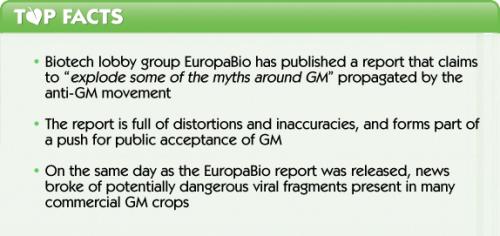
First, some context
At the end of 2012, we gazed into our tealeaves and declared that, “2013 will be a crucial year if Europeans are to keep GM off their plates and largely out of the food supply”. Our prediction was a response to an increasingly visible agenda on the part of the European Commission (EC) – an effort fronted by Professor Anne ‘GMO Lover’ Glover – to persuade a sceptical public that GM is both safe and necessary.
However, a dose of realism intruded into the debate on 21st January 2013. In a 2012 paper, Nancy Podevin and Patrick du Jardin identified that, “Of the 86 different transgenic events (unique insertions of foreign DNA) commercialized to-date in the United States 54 contain portions of Gene VI within them”. Gene VI is found naturally in the cabbage mosaic virus (CaMV), and may not be safe for human consumption. Independent Science News described the affair as, “A complete and catastrophic system failure” in the scientific risk assessment process.
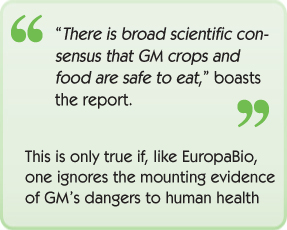
EuropaBio report: another brick in the pro-GM wall
On the very same day, 21st January 2013, the biotech industry lobby group EuropaBio released a report entitled Science Not Fiction: Time To Think Again About GM. In the words of Member of the European Parliament (MEP) George Lyon, the report, “Aims to look at the reality of crop science [and] explode some of the myths around GM”. As is par for the course with the biotech lobby, virtually every sentence of the report contains a distortion, omission or inaccuracy – and as ANH is against shooting fish in barrels, we’ll limit ourselves to five examples.
- “77% of Europeans agree that the European Union [EU] should encourage its farmers to take advantage of biotechnology in agriculture” – this information does not even appear in the reference provided by EuropaBio, but the following text does: “Worry on this issue [the presence of GM organisms in food and drink] has increased significantly in 10 Member States since 2005”. A truer picture of Europeans’ attitudes to GM is shown in Figure 1 (below)
- EuropaBio is well known for being highly selective over the science it uses to support its arguments, most of it funded by its member companies, such as Monsanto. Statements that GM crops can increase biodiversity and have no significant effect on non-target organisms are referenced to a paper by Janet E Carpenter in, yes, a peer-reviewed journal, GM Crops & Food. The fact that Ms Carpenter is a known biotech lobbyist – her article was supported by CropLife International and she has previously worked for the National Center for Food and Agricultural Policy – wasn’t, it seems, worth mentioning
- The EuropaBio report claims that GM crops can happily ‘co-exist’ with organic and conventional crops, and that, “Co-existence is not a new concept”. In fact, contamination of GM crops is inevitable if GM crops are grown nearby, since no degree of legislation can prevent the accidental spread of pollen or seed
- “There is broad scientific consensus that GM crops and food are safe to eat,” boasts the report. This is only true if, like EuropaBio, one ignores the mounting evidence of GM’s dangers to human health
- EuropaBio is careful to claim – repeatedly – that GM crops reduce the use of pesticides. This may be true in the case of insecticides over the short-term, but not once insecticide resistance has reared its head, now a very real problem for corn and cotton pests. But it also ignores the fact that herbicide use skyrockets with GM cultivation and that ‘superweeds’ caused by GM crops require ever-more toxic solutions
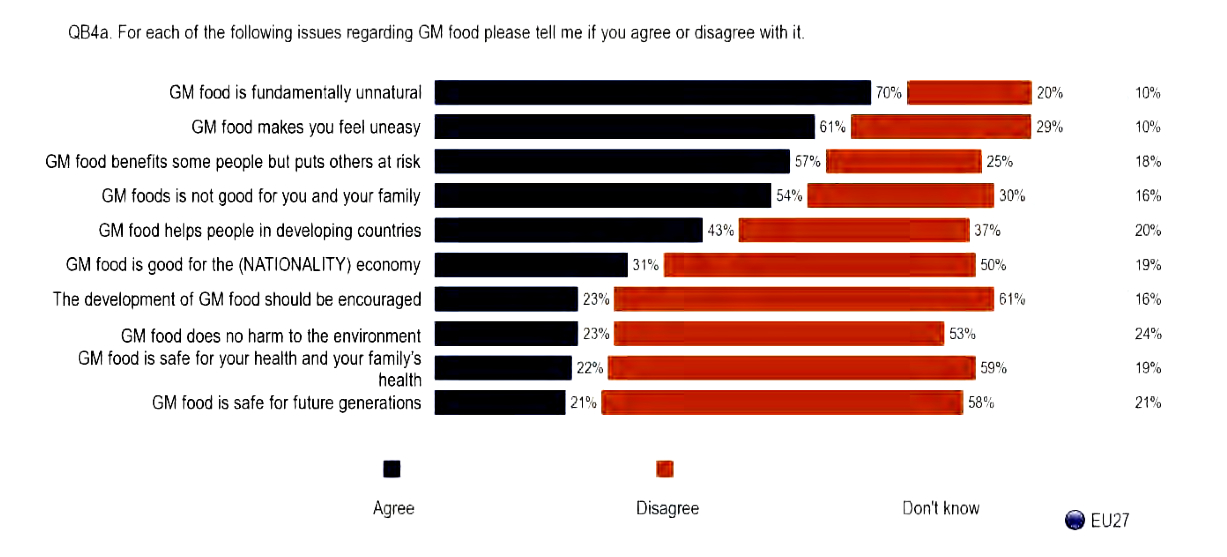
Figure 1. EU citizens’ attitudes to various GM food-related issues (Eurobarometer, 2010 [ec.europa.eu/public_opinion/archives/ebs/ebs_341_en.pdf])
They’ve got their work cut out!
EuropaBio’s report may be laughably transparent in its aims, but it’s reassuring to know the biotech industry face an uphill struggle. As BASF announces the abandonment of its application for approval of three GM potatoes, the European climate for GM appears to be hardening in its opposition. Long may it last.
Call to action
Please distribute this story widely — by email, social media or other means — to those you might know who are still sitting on the GM fence!





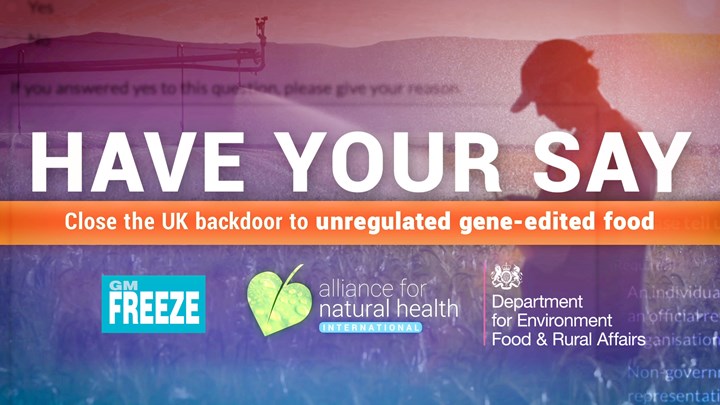
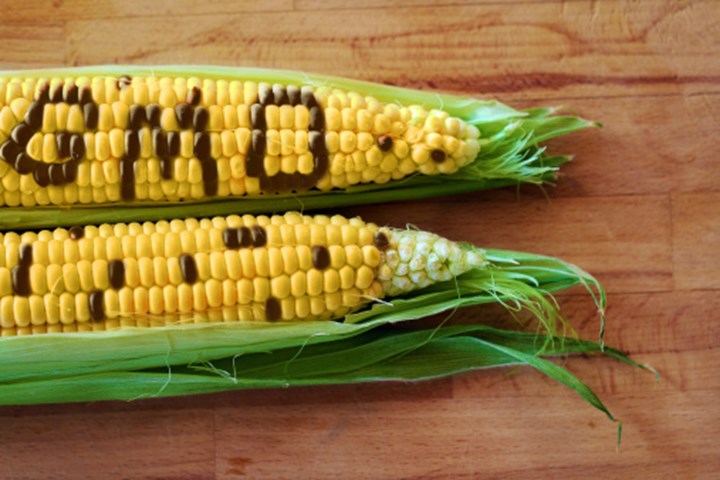
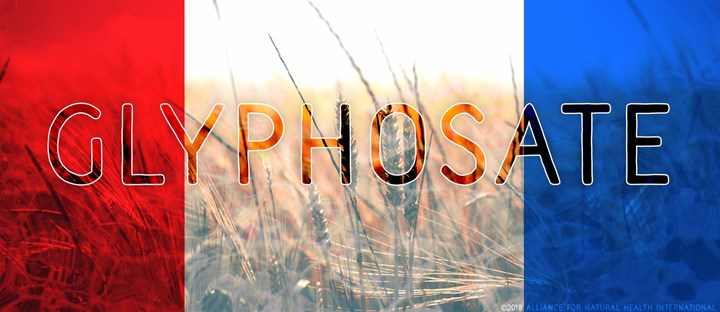
Comments
your voice counts
30 January 2013 at 7:52 pm
You may know that Rond Up Ready ( RR ) of Monsanto is just the same Agent Orange that US was spraying in Vietnam ,for the agriculture business they just added water for dilutiont and colorant but is the same poison that the were used in the war!
30 January 2013 at 9:31 pm
You should have a system like Avaaz.org which sends out "Take action" newsletters all the time. Once you are registered, whiich is simple, then each subsequent take action request means only a click. This seems too vague and certainly I am uncertain how to spread the word!
ALAN HUNTER
14 February 2013 at 1:45 pm
Hi Alan
We agree. Avaaz is very good at what it does and provides an easy and effective petition system. But it's just that - a petition website. Petitions are great for raising awareness but the campaigning and lobbying strategy that we use often requires a different action than simply putting your name on a list. We continually strive to make things as easy as possible for people and try to outline the quickest, simplest steps. We hope that enough people will take the time to act in these necessary ways, as more often than not it takes more than a petitions to create actual policy change.
We very much support Avaaz and what they are doing, but please check our 'Calls to Action' at the end of our news items (where applicable) and there will always be steps you can take. But we do acknowledge that they maybe take more time than a petition. We use petitions when they will be the most effective method, but then use other campaigning strategies when the issue requires it. Thank you for your support.
25 July 2019 at 9:20 pm
Food and all products should be all organic without ANY loosening of organic requirements.
Your voice counts
We welcome your comments and are very interested in your point of view, but we ask that you keep them relevant to the article, that they be civil and without commercial links. All comments are moderated prior to being published. We reserve the right to edit or not publish comments that we consider abusive or offensive.
There is extra content here from a third party provider. You will be unable to see this content unless you agree to allow Content Cookies. Cookie Preferences